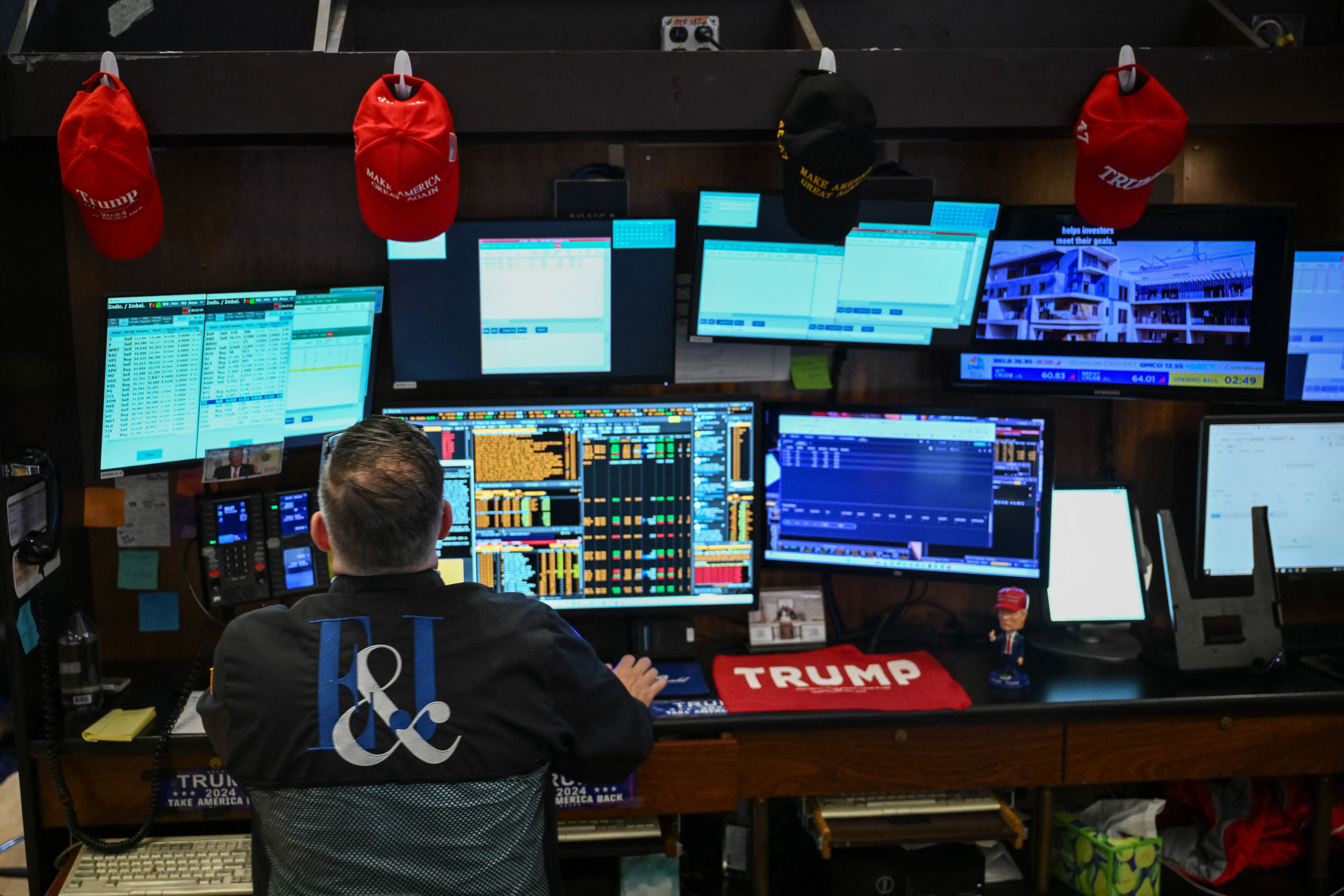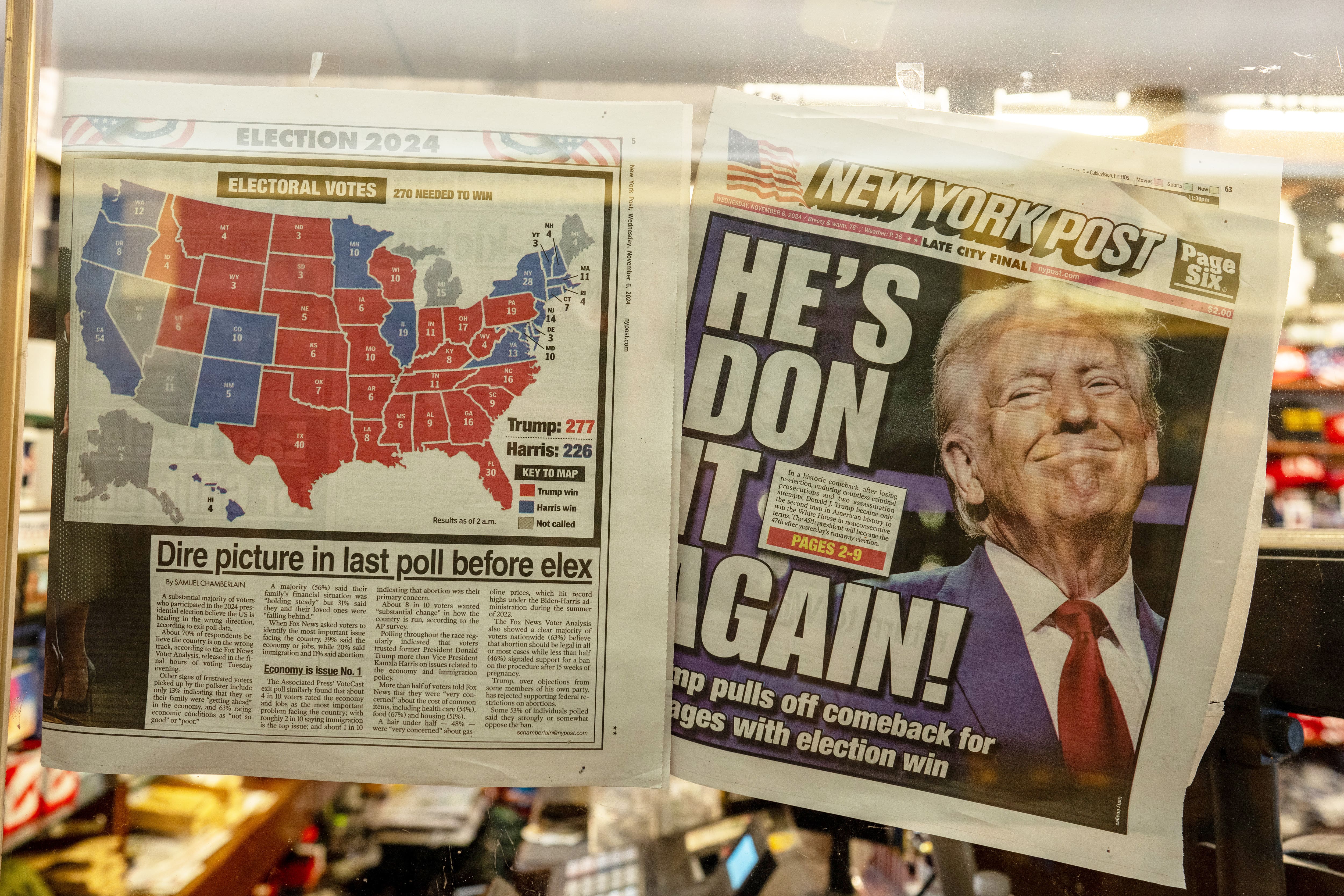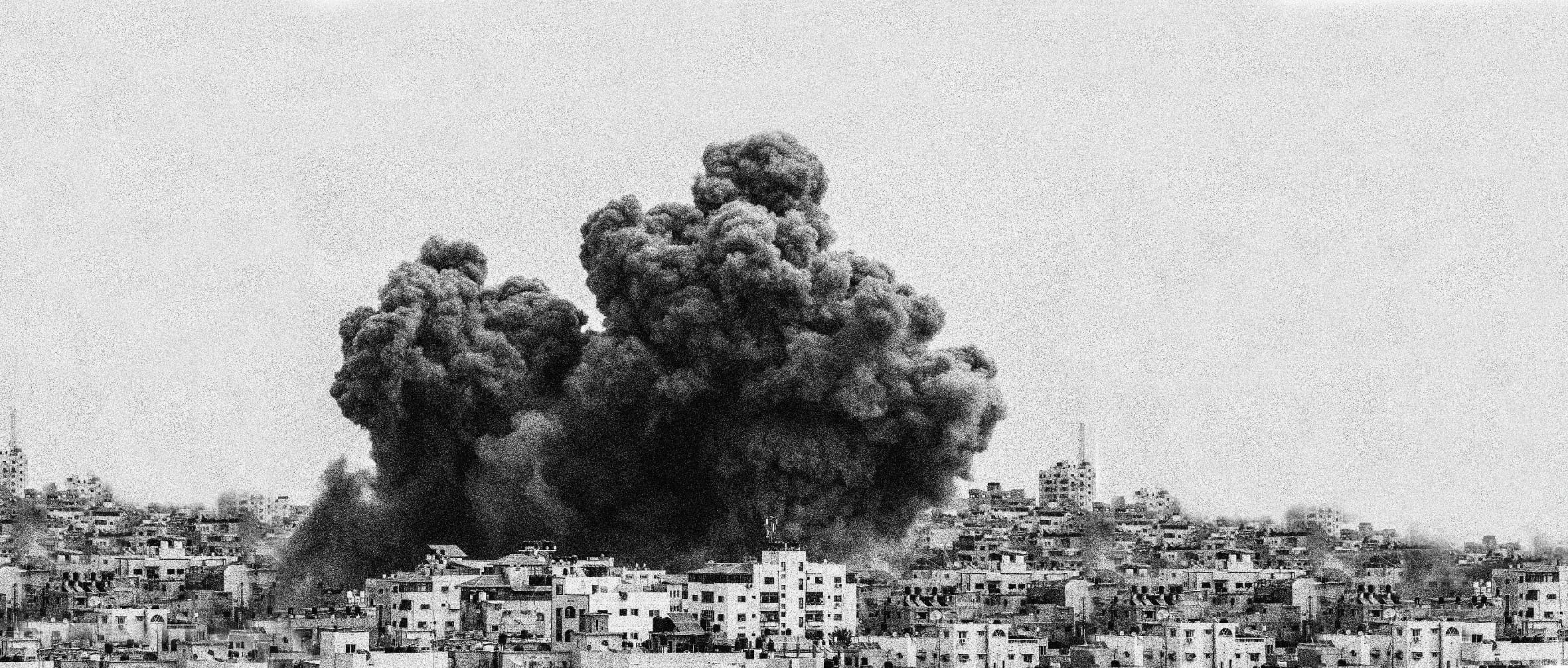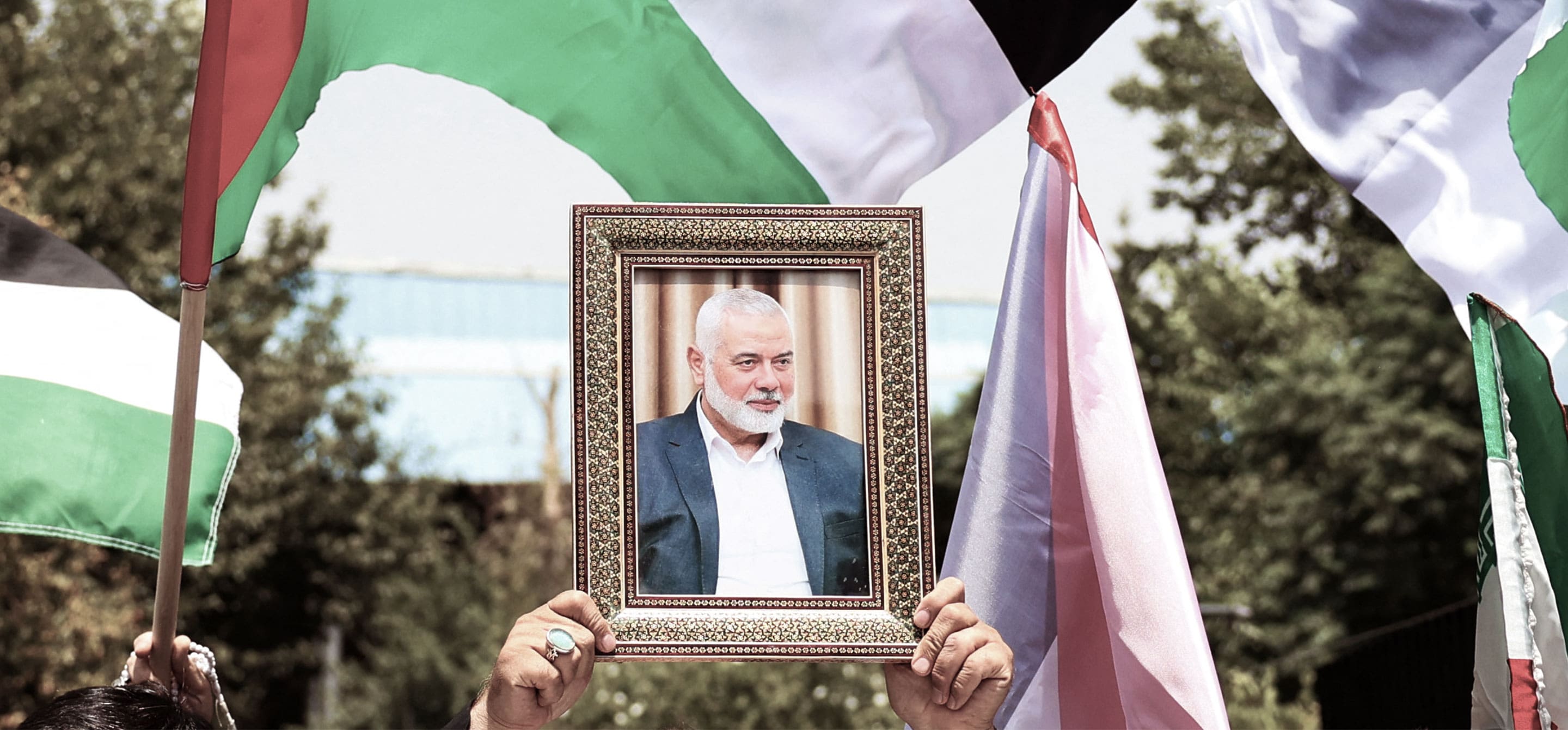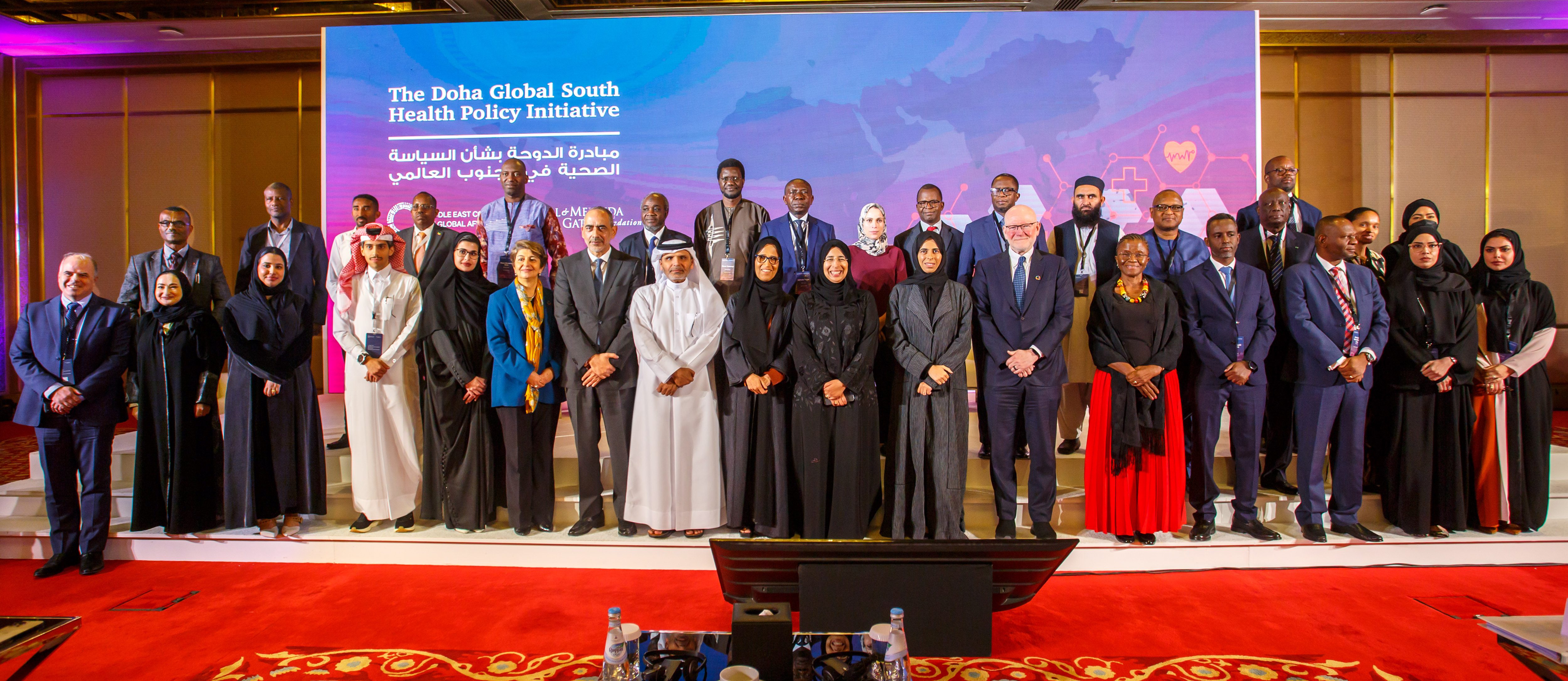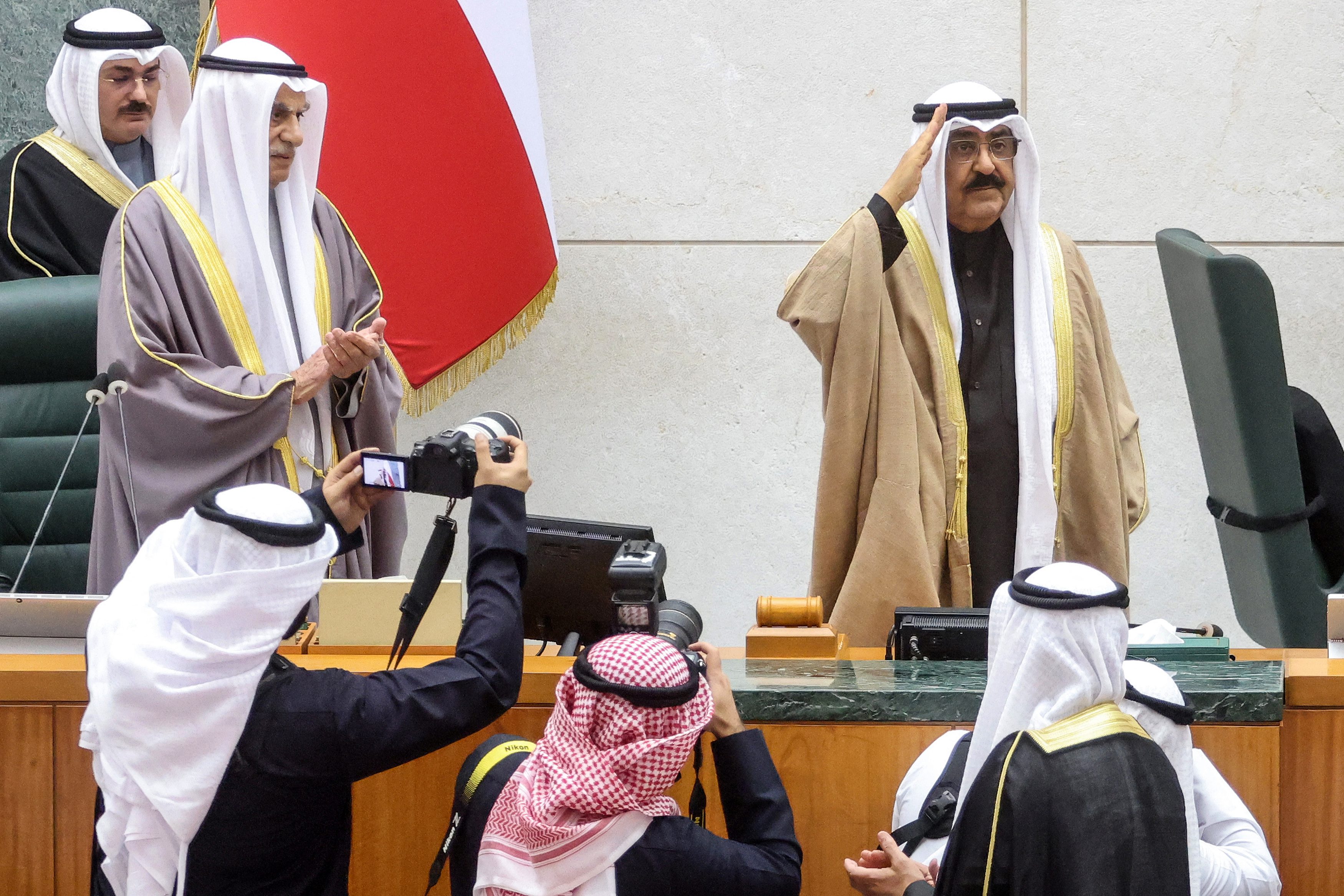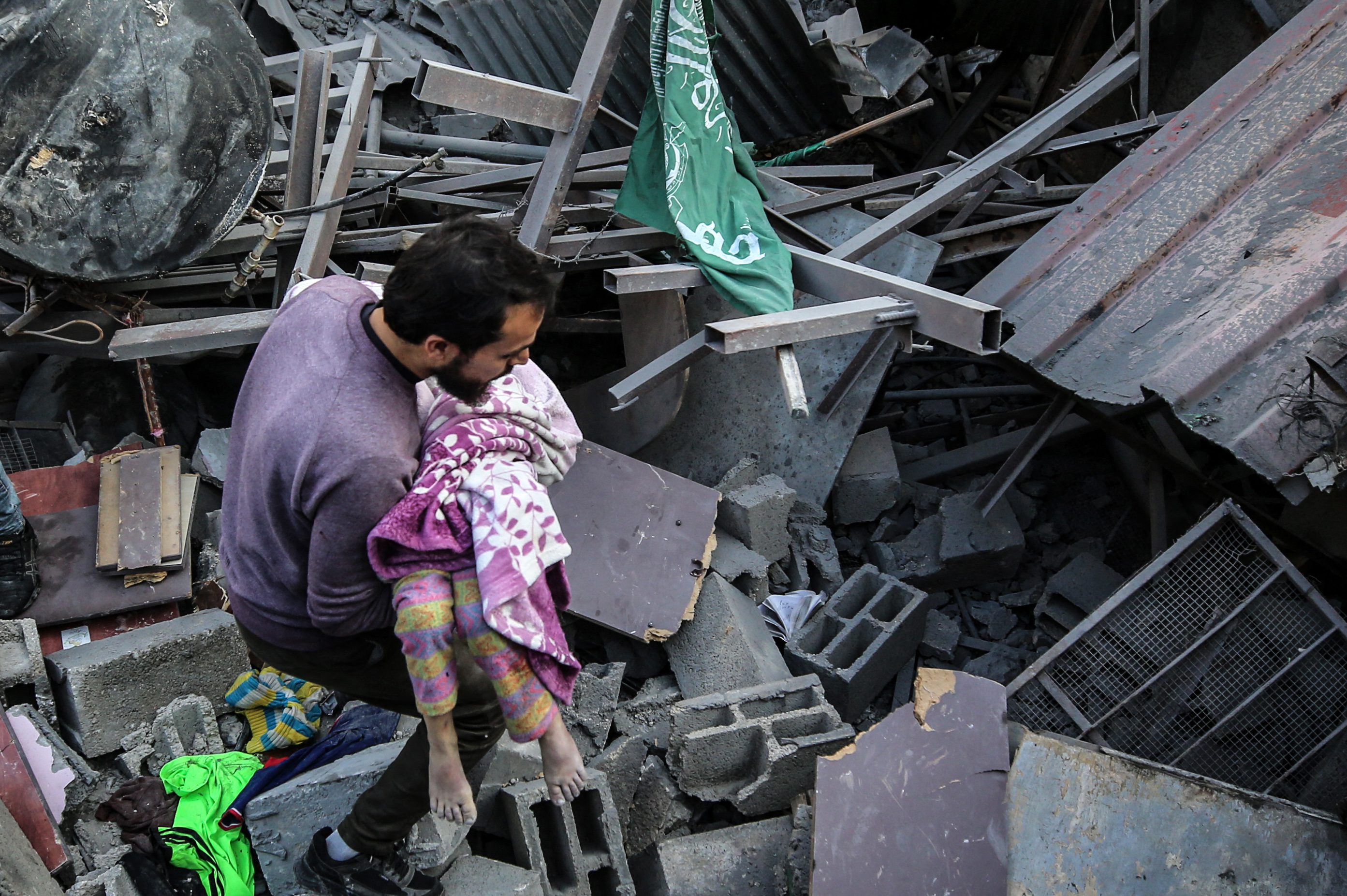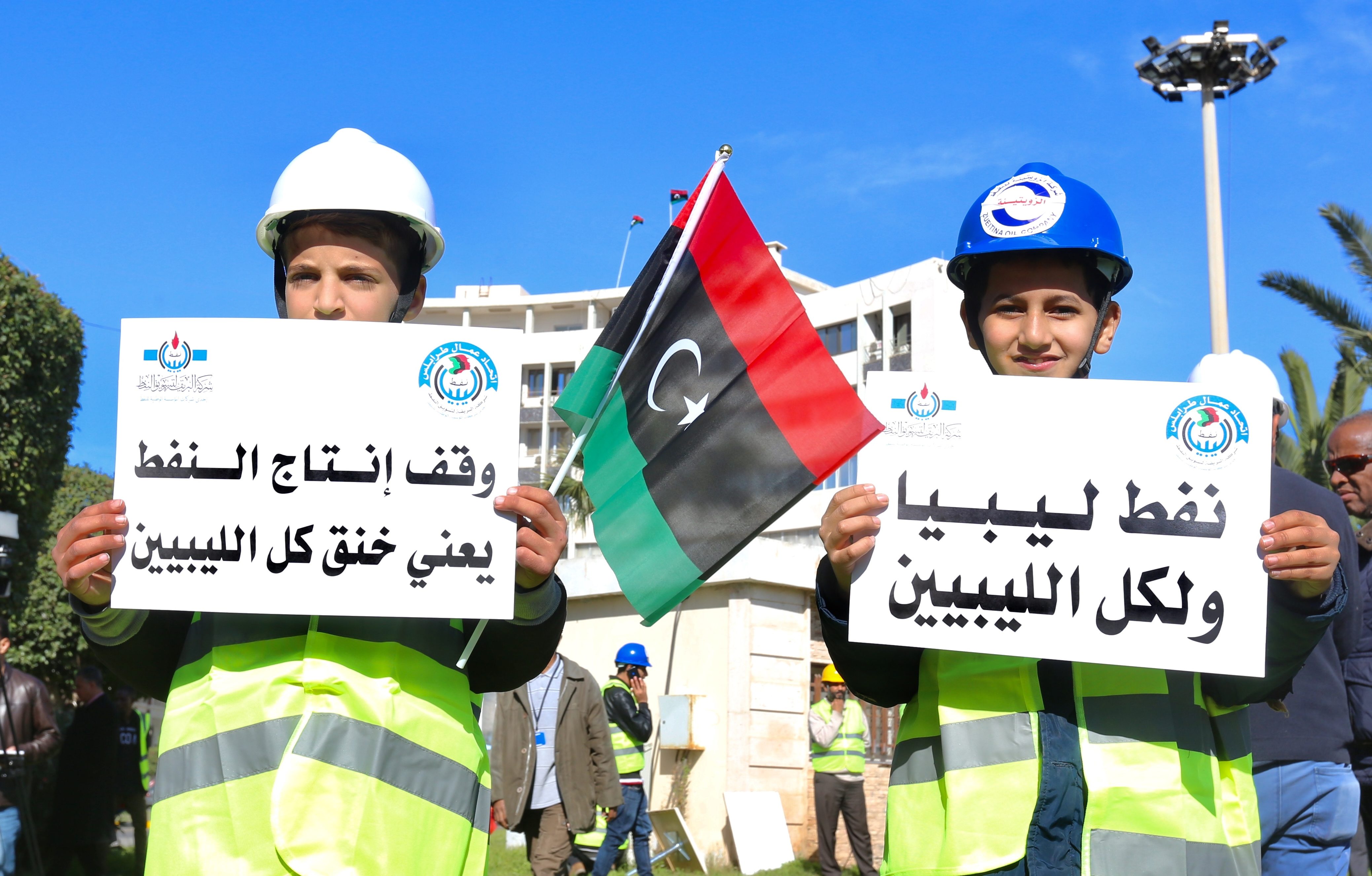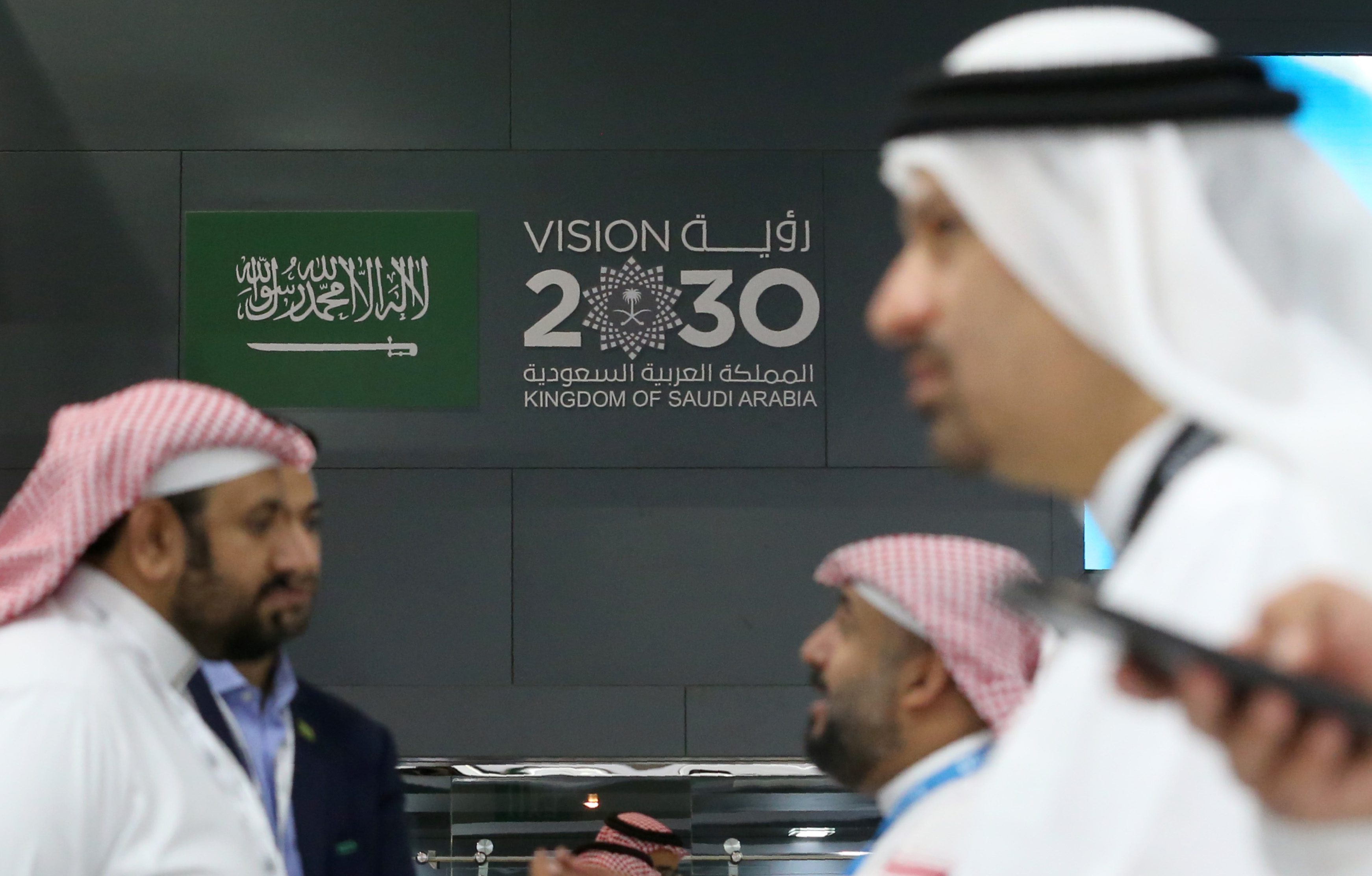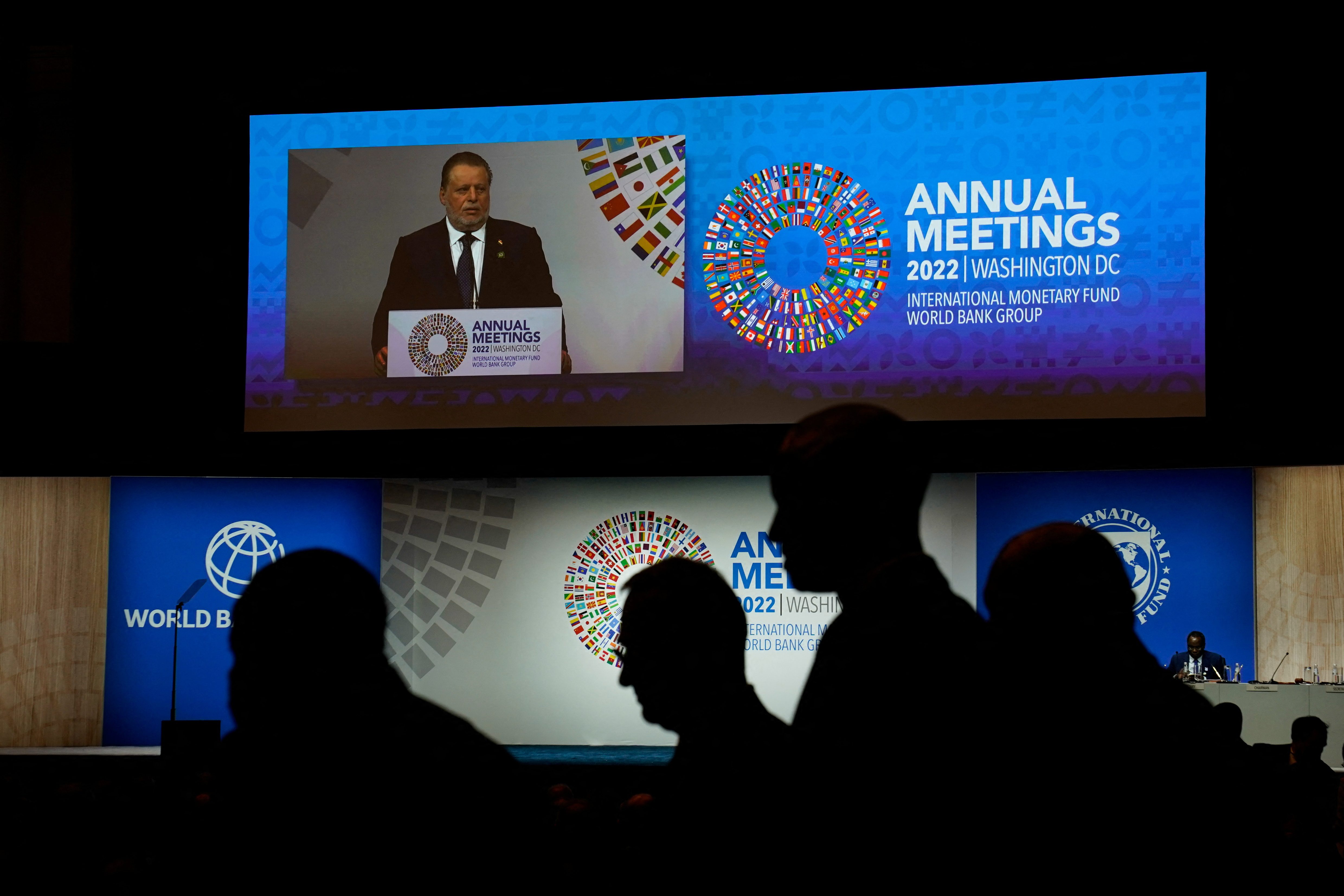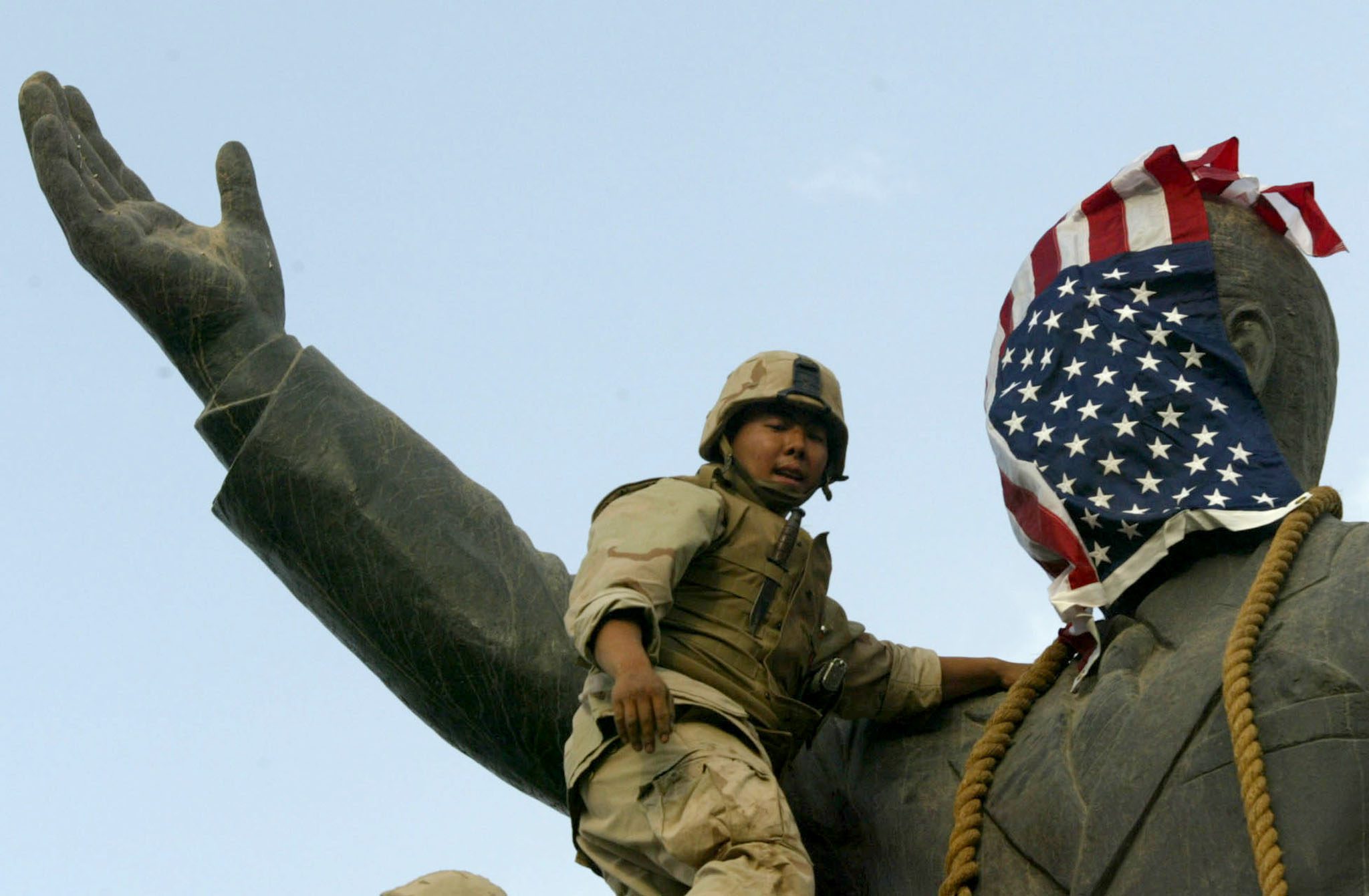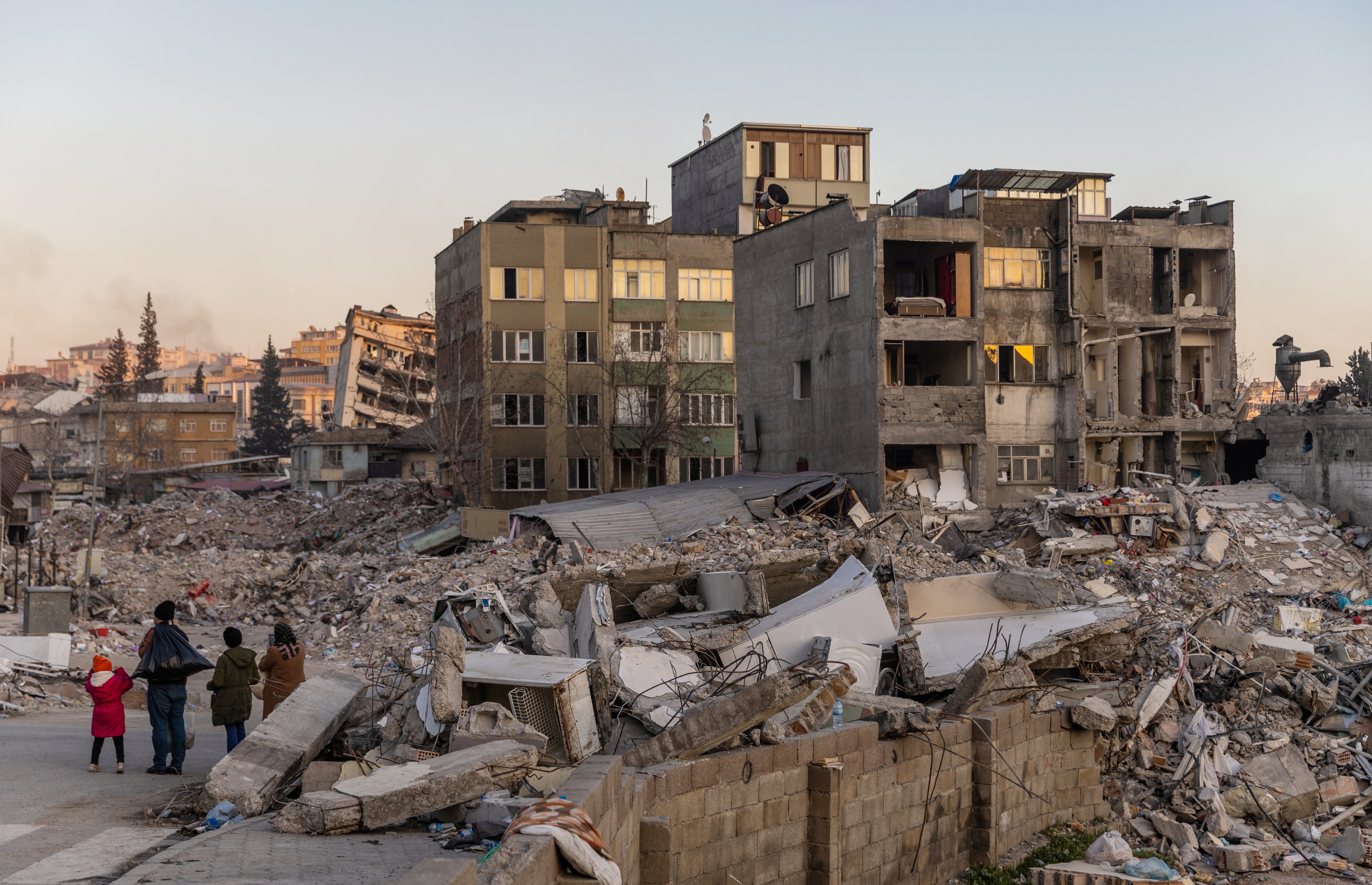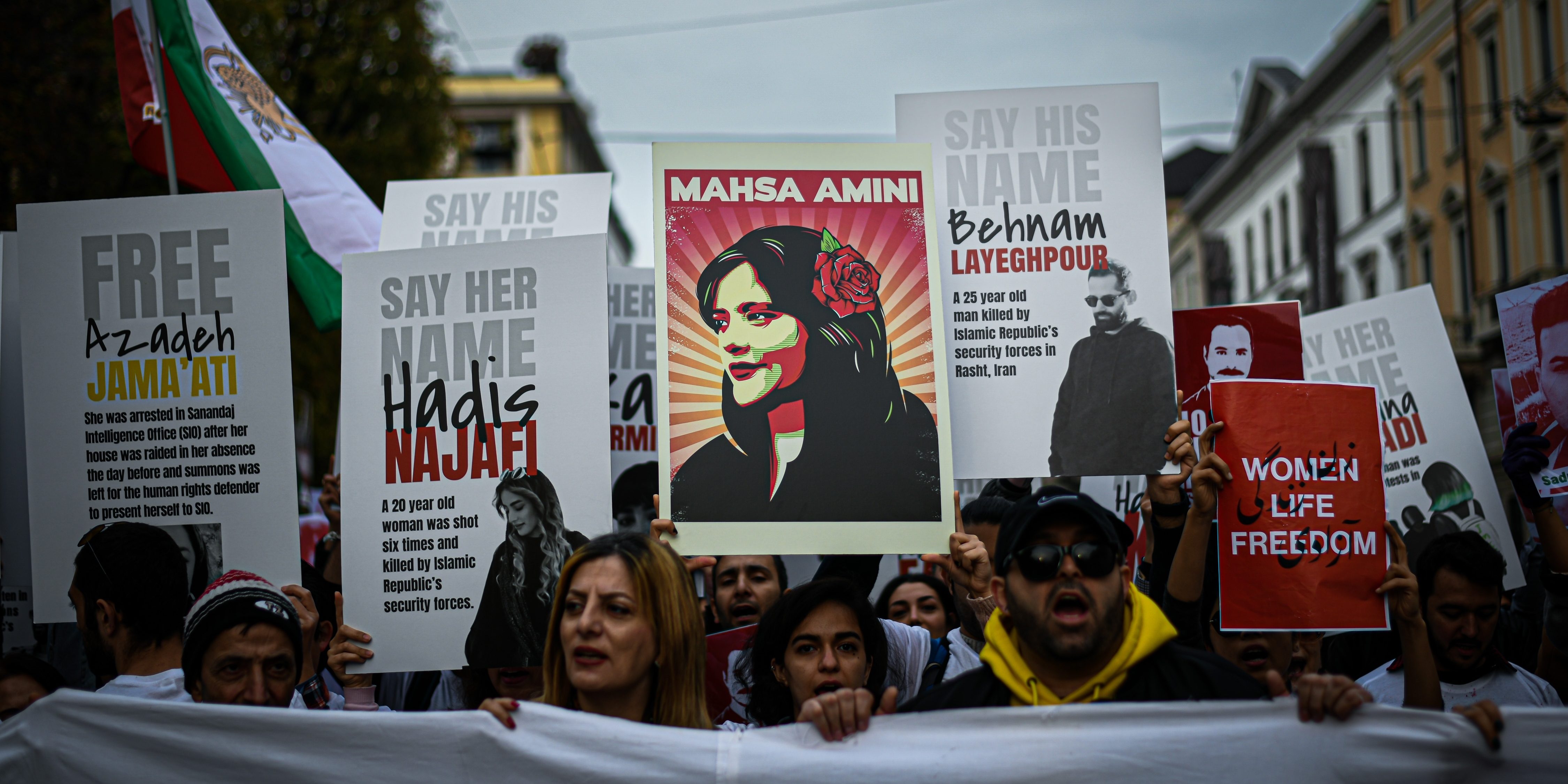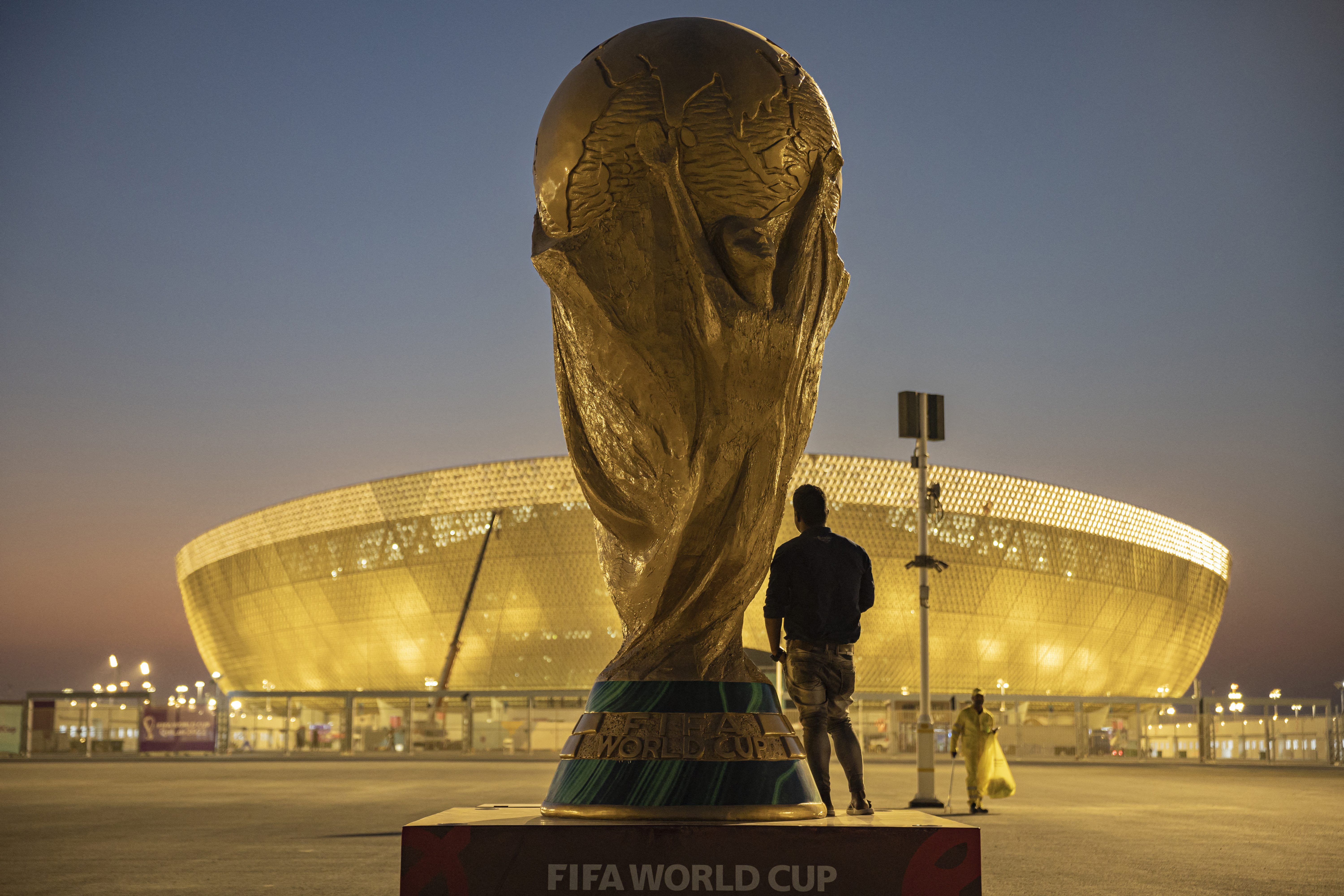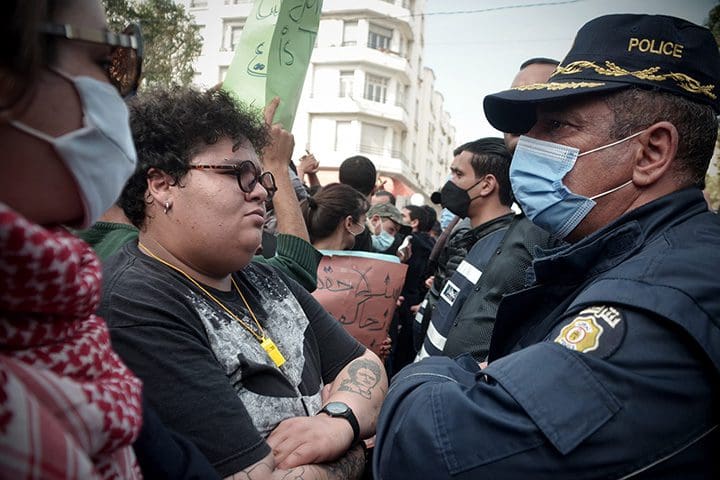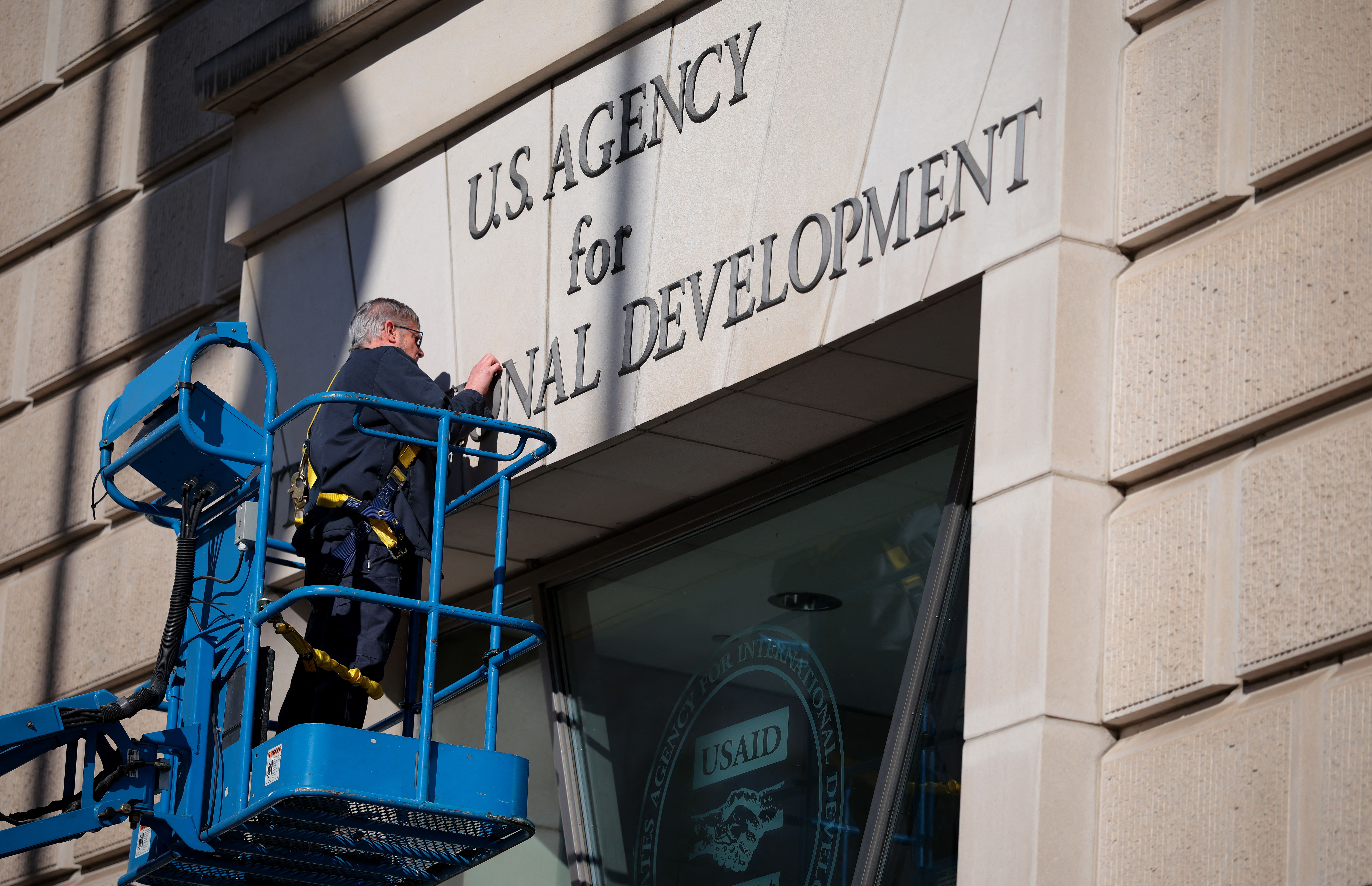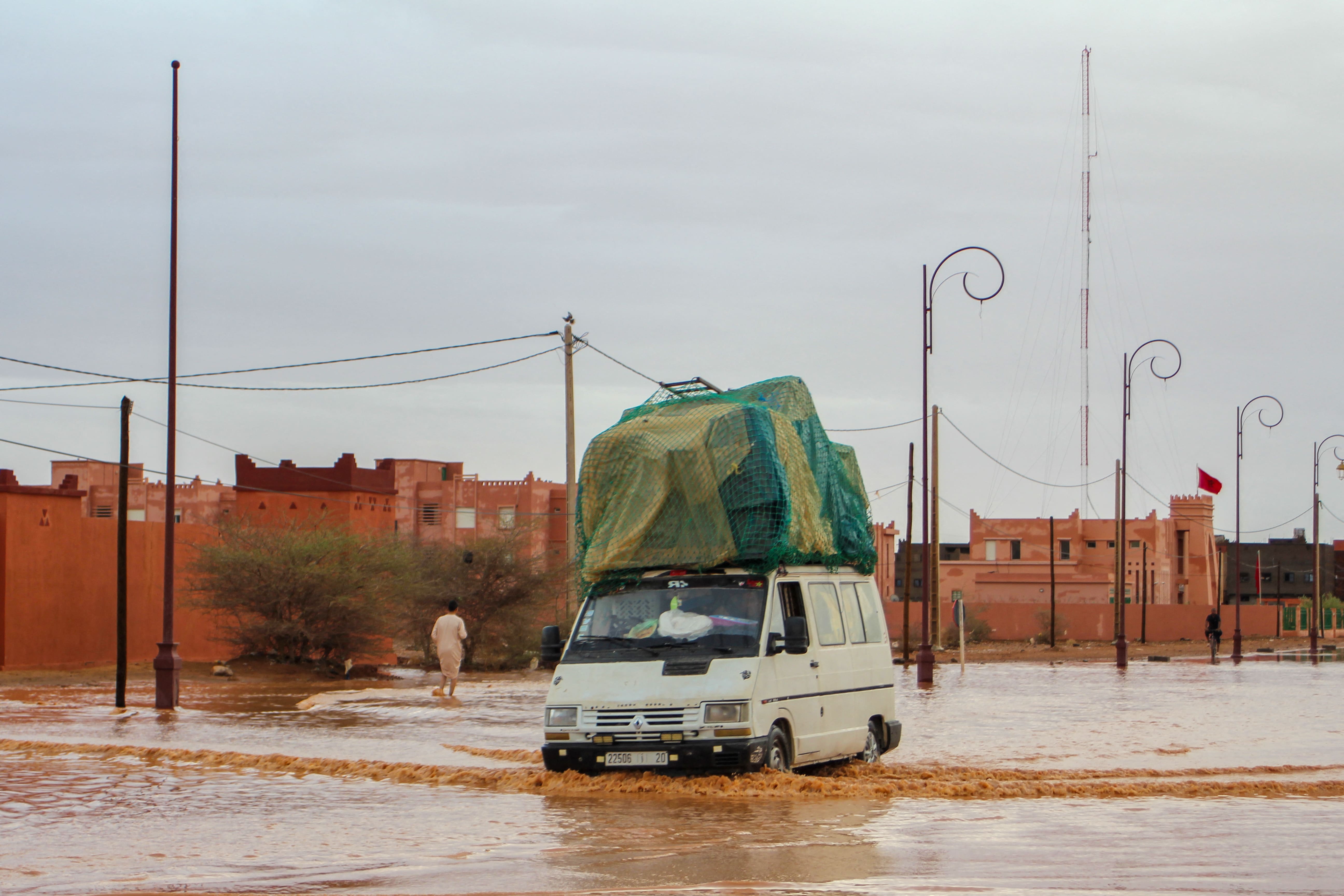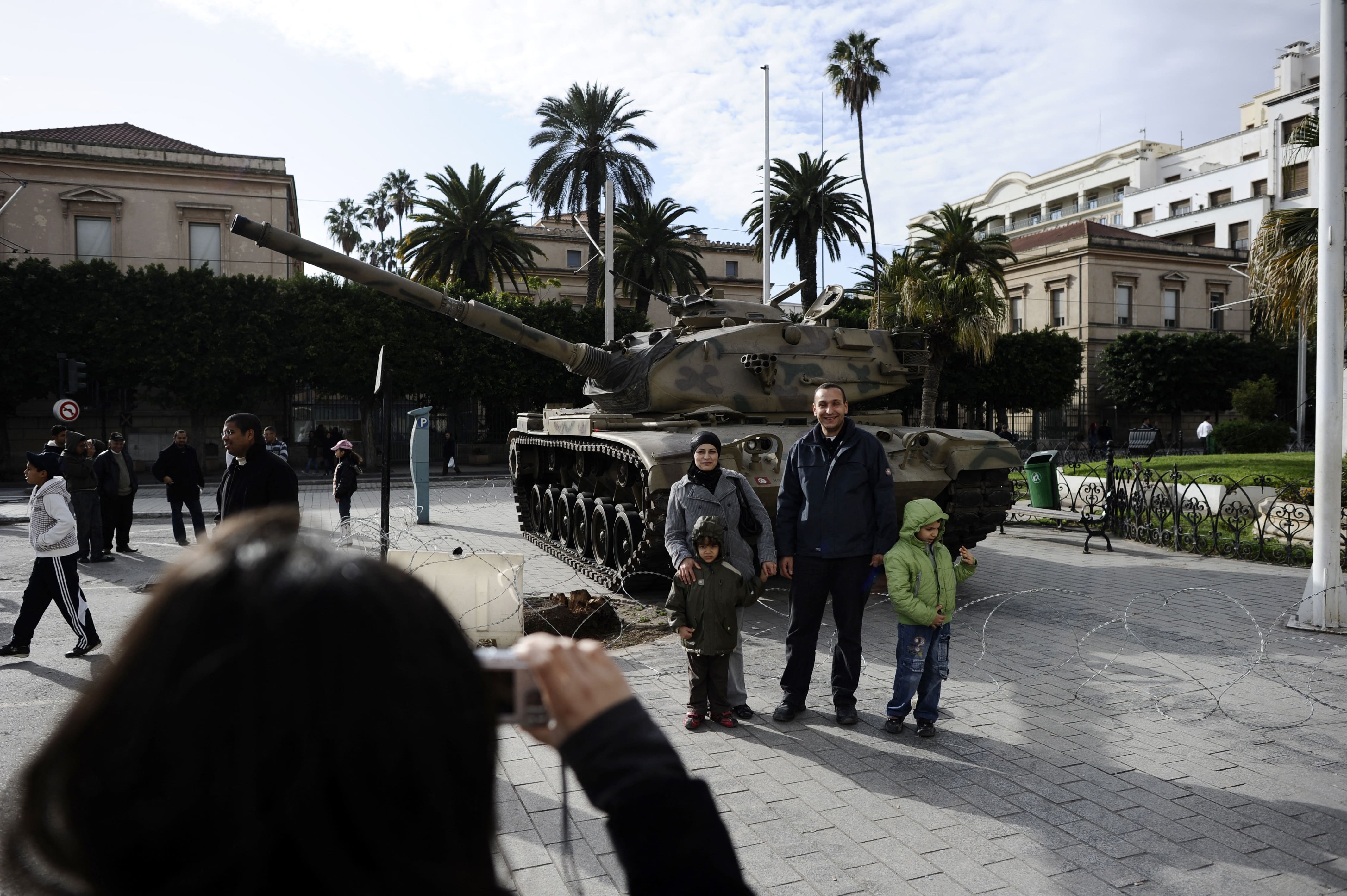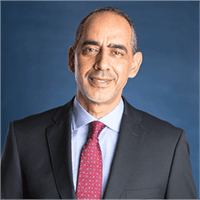
Tarik M. Yousef
Senior Fellow
Bio
Tarik M. Yousef is a senior fellow at the Middle East Council on Global Affairs. Prior, he served as the director of the Middle East Council on Global Affairs and Brookings Doha Center and was a nonresident senior fellow in the Foreign Policy program at the Brookings Institution in Washington, DC. He is a research fellow with the Economic Research Forum in Cairo.
His career has spanned the academic and think tank world at the School of Foreign Service of Georgetown University, the Belfer Center for Science and International Affairs at the Harvard Kennedy School, and the Global Economy and Development program at Brookings. His involvement with public policy includes working in the Middle East Department at the International Monetary Fund, the Middle East and North Africa region at the World Bank, and the UN Millennium Project.
He has contributed more than 75 articles, chapters, and reports, and co-edited several volumes including most recently “The Belt and Road Initiative: China-Middle East Cooperation in an Age of Geopolitical Turbulence” (Brookings Doha Center and the Shanghai Academy for Social Sciences, 2019); “Public Sector Reform in the Middle East and North Africa: Lessons of Experience for a Region in Transition” (Brookings Press, 2020); and “The Gulf Cooperation Council at Forty: Risk & Opportunity in a Changing World” (Brookings Press, 2021).
Yousef has served on the boards of the Middle East Economics Association; United Nations Development Programme Human Development Reports; Arab Human Development Report; Arab Knowledge Report; Gender Economic Research and Policy Analysis in the Arab World; The Social and Economic Survey Research Institute; the Global Agenda Councils of the World Economic Forum; and the Arab Banking Corporation.
Research Areas
- Global economy
- Political economy
- Governance
- Geopolitics
Countries of Focus
- GCC
- North Africa
- Mashreq
- Libya
Other Areas of Interest
- Policy reform
- Political transitions
- Banking and finance
- Public policy
Education
- Ph.D., Economics, Harvard University, 1996.
- B.A., Economics, University of Oregon, 1990.

